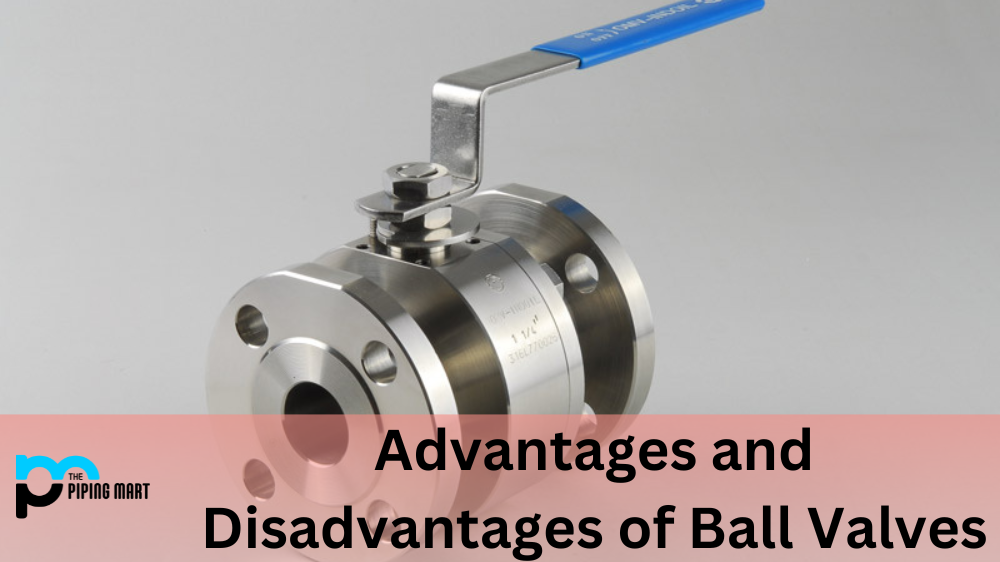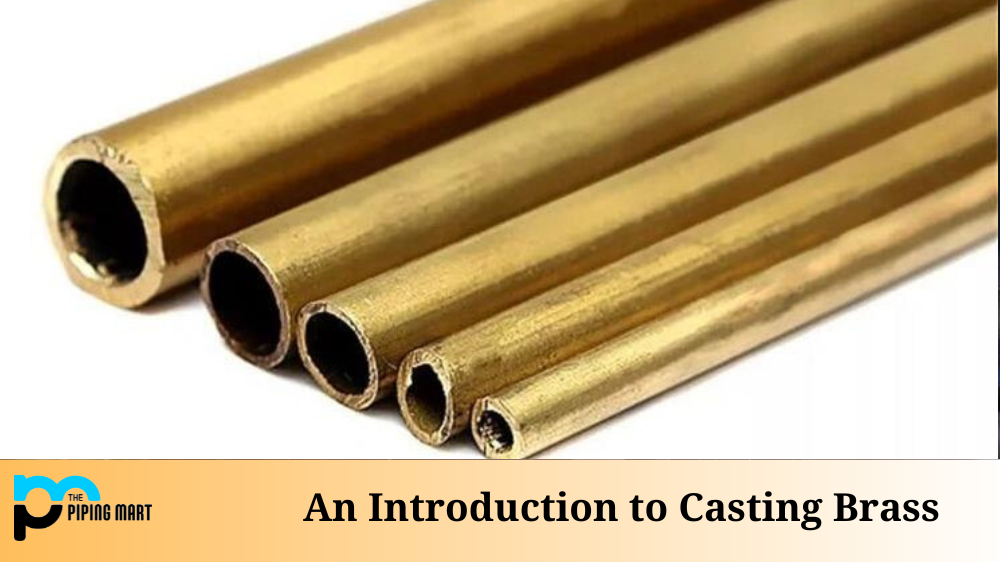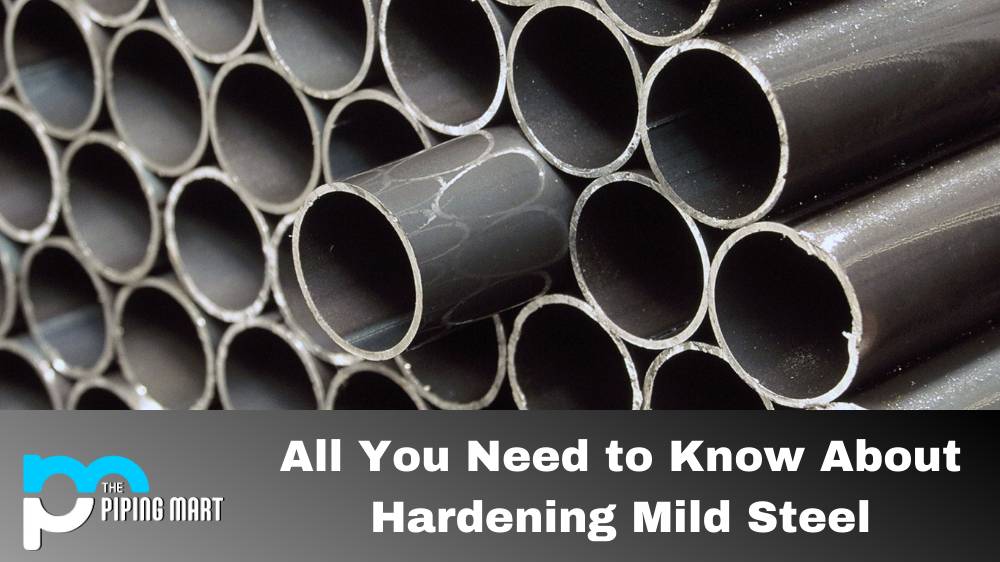Ball valves are a type of shutoff valve found in many industries, including gas and oil production, plumbing, and water treatment. They’re known for their durability and low cost – but they also have some drawbacks that should be taken into consideration. Let’s take a closer look at the pros and cons of ball valves.
Advantages of Ball Valves
The first major advantage of ball valves is their long lifespan. Most ball valves are made from metal alloys like brass, stainless steel, or bronze, which makes them incredibly strong and resistant to wear and tear even in demanding environments. This means that you can expect your ball valve to last for many years without needing to be replaced or serviced – so you won’t need to worry about costly repairs or replacements down the line.
Another advantage of ball valves is that they’re relatively easy to repair when they do eventually break down. All you usually need to do is replace the internal parts instead of the entire valve – making it much easier on your wallet when something goes wrong. They’re also very simple in design, making them easier to use than other types of valves – especially those with more complex mechanisms like gate or globe valves.
Lastly, ball valves tend to be quite affordable compared with other types of shutoff valves – making them a popular choice for those who need a reliable solution on a budget.
Easy to Use
Ball valves are one of the easiest types of valves to use. They are designed to be easily opened and closed with just a quarter turn of the handle. This makes them much easier to operate than other types of valves, such as gate or globe valves.
Low Maintenance
Ball valves are also very low maintenance. They have few moving parts, meaning there is less that can go wrong with them. Additionally, they are not susceptible to corrosion or buildup like other valves.
Durable
Ball valves are also very durable. They are designed to withstand high pressures and temperatures and can last many years with proper care. Additionally, ball valves are often made from corrosion-resistant materials like stainless steel or brass.
Versatile
Ball valves are also very versatile. They can be used in various residential, commercial, and industrial applications. Additionally, ball valves come in various sizes and styles to suit any need.
Affordable
Another advantage of ball valves is that they are very affordable. They are typically less expensive than other valves, such as gate or globe valves. Additionally, ball valves often come in kits that include all the necessary parts for installation, which can further reduce costs.
Disadvantages of Ball Valves
However, some drawbacks are also associated with using ball valves. For one thing, they don’t offer as much precision as some other types of shutoff valves due to the limited range of motion provided by the internal parts. This can make them less suitable for applications where precise control over the flow rate is needed – such as in automated process control systems or water filtration systems. Additionally, they sometimes struggle with high-pressure systems due to their relatively short stem length, which might not be suitable for certain industrial applications where extreme pressures are involved.
- A ball valve has a spherical disc that controls the flow of fluids (liquid, gas, or slurry) through it.
- The main disadvantage of a ball valve is that it can be difficult to operate. The handle must be turned several times to open or close the valve, which can be difficult for people with limited mobility.
- Ball valves can also be more expensive than other valves, such as gate or butterfly valves.
- Ball valves can also be more prone to leaking than other valves. If the seals on a ball valve are not properly maintained, they can wear out and allow fluids to leak through the valve.
- Ball valves can also be more difficult to repair than other valves. If a ball valve needs to be repaired, it is often necessary to replace the entire valve.
Conclusion:
All in all, ball valves offer many advantages over other types of shutoff valves – including their long lifespan and affordability – but some disadvantages should be taken into account before deciding if they’re right for your application. Ultimately it comes down to understanding your own needs and finding a solution that best fits them – whether it’s a ball valve or something else entirely! If you need help deciding which type of shutoff valve is right, reach out to an experienced specialist today! They’ll have no problem helping you find exactly what you’re looking for!

A passionate metal industry expert and blogger. With over 5 years of experience in the field, Palak brings a wealth of knowledge and insight to her writing. Whether discussing the latest trends in the metal industry or sharing tips, she is dedicated to helping others succeed in the metal industry.




